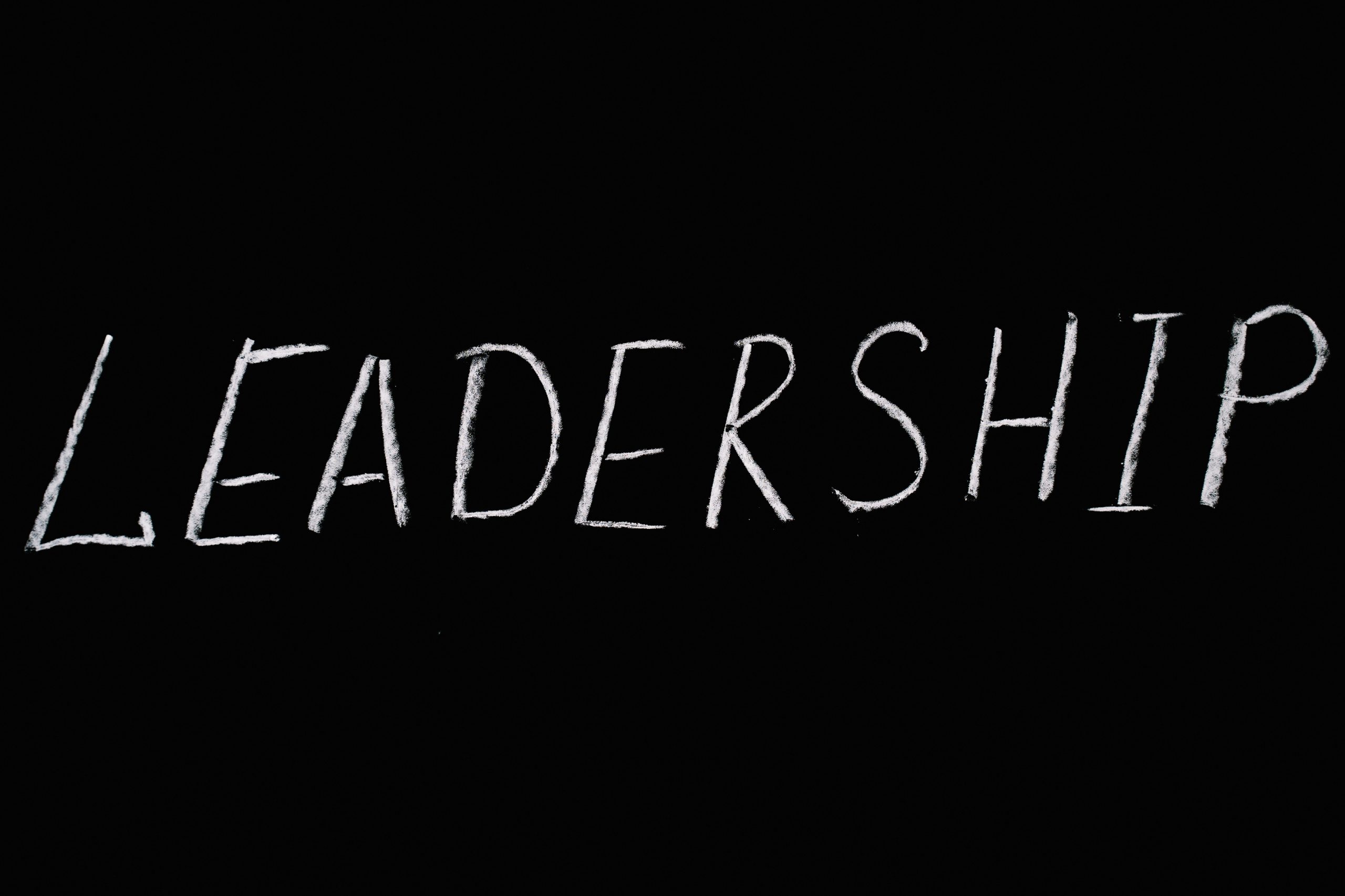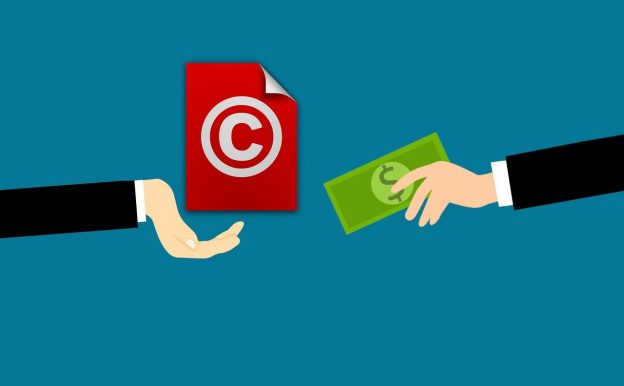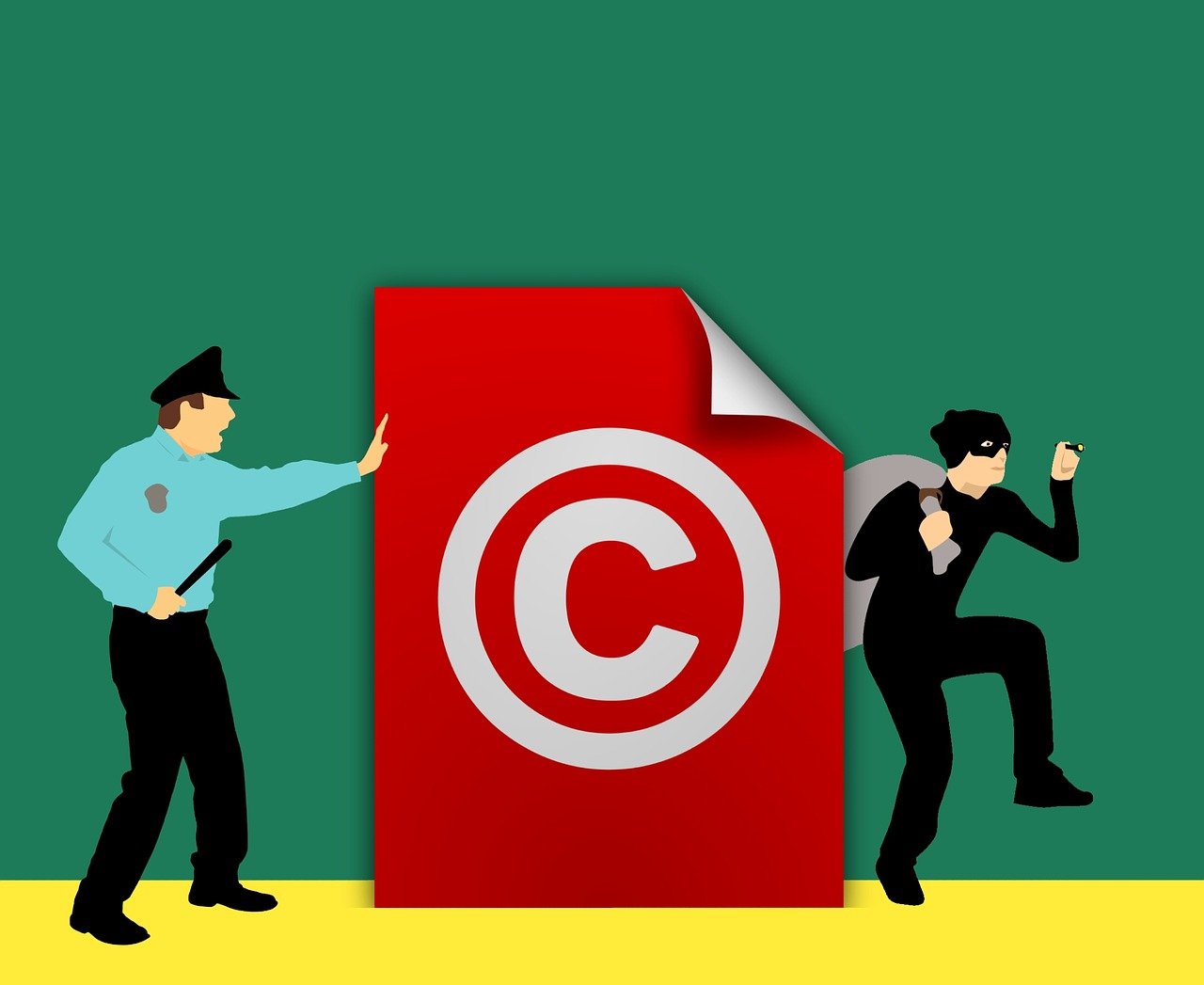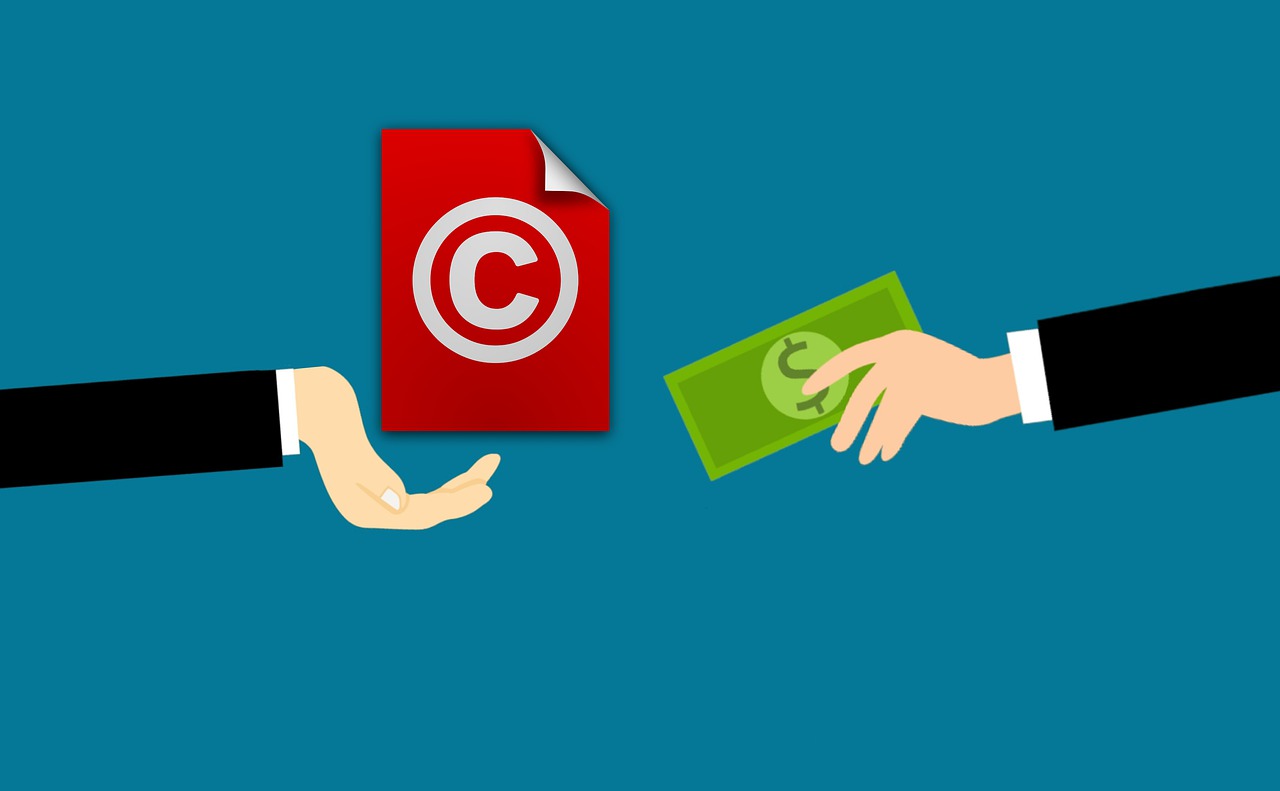In today’s rapidly evolving and digital world, protecting your intellectual property is of utmost importance. Whether you are a business owner, an artist, or an inventor, safeguarding your creations and ideas is crucial to ensure their value and uniqueness. This is where an Intellectual Property Lawyer in Price, Utah comes into play. With their expertise and in-depth knowledge of IP laws, they can guide you through the complex landscape of copyrights, trademarks, and patents. By collaborating with an experienced lawyer, you can maximize the benefits of your intellectual property and safeguard it against infringement. Contact our skilled attorney today to take the necessary steps in protecting your valuable creations and ideas.
What is Intellectual Property Law?
Intellectual Property Law is a specialized area of law that focuses on the protection and enforcement of intellectual property rights. Intellectual property refers to creations of the mind, such as inventions, literary and artistic works, designs, symbols, names, and images used in commerce. The purpose of intellectual property law is to grant exclusive rights to creators and owners of these intangible assets, allowing them to control and profit from their creations.
Why You Need an Intellectual Property Lawyer
If you are a business owner or an individual with valuable intellectual property, it is essential to seek the guidance and expertise of an Intellectual Property Lawyer. Intellectual property can be a significant asset for your business, and securing and enforcing your rights is vital to protect your competitive advantage.
An Intellectual Property Lawyer can provide you with comprehensive legal advice and assistance in navigating the complex landscape of intellectual property law. They have a deep understanding of the various forms of intellectual property and can help you identify, protect, and exploit your IP assets to their full potential.

Services Offered by an Intellectual Property Lawyer
Trademark Registration
Trademark registration is a crucial step in protecting your brand identity and preventing others from infringing upon your trademarks. An Intellectual Property Lawyer can guide you through the process of trademark registration, conducting thorough trademark searches to ensure your chosen mark is available, preparing and filing the necessary applications, and representing you in any trademark disputes that may arise.
Copyright Protection
Copyright protection grants exclusive rights to creators of original works, such as literary, musical, and artistic creations. An Intellectual Property Lawyer can assist you in registering your copyrights, ensuring proper attribution and protection against unauthorized use. They can also provide guidance on fair use, licensing, and enforcement of your copyrights.
Patent Applications
If you have invented a unique and useful product or process, obtaining a patent is crucial to protect your invention from being copied or used without your permission. An Intellectual Property Lawyer can help you navigate the complex patent application process, conduct a prior art search to assess the patentability of your invention, and prepare and file your patent application with the United States Patent and Trademark Office (USPTO).
Trade Secret Protection
Trade secrets are valuable proprietary information, such as formulas, manufacturing processes, customer lists, or business strategies, that provide a competitive advantage. An Intellectual Property Lawyer can assist you in developing strategies to protect your trade secrets, including the implementation of confidentiality agreements, non-disclosure agreements, and non-compete agreements. They can also provide guidance on responding to trade secret theft or misappropriation.
IP Infringement Litigation
If your intellectual property rights have been infringed upon, an Intellectual Property Lawyer can represent your interests in IP infringement litigation. They will assess the merits of your case, gather evidence, and assert your rights in court. Intellectual Property Lawyers have the knowledge and experience to navigate the complexities of IP litigation and seek remedies for damages and injunctive relief.
How to Choose the Right Intellectual Property Lawyer
When selecting an Intellectual Property Lawyer to represent your interests, there are several factors to consider:
Experience and Expertise
Look for an attorney with extensive experience and expertise in intellectual property law. They should have a proven track record of successfully representing clients in cases similar to yours.
Industry Knowledge
Choose an Intellectual Property Lawyer who has a deep understanding of your industry. They should be familiar with the unique challenges and opportunities specific to your field and be able to tailor their legal advice accordingly.
Client Testimonials
Review client testimonials and references to gauge the satisfaction level of previous clients. Positive testimonials can provide reassurance that the lawyer has a history of delivering excellent results and providing exceptional client service.
Communication and Accessibility
Effective communication is vital in any attorney-client relationship. Choose a lawyer who is responsive, accessible, and can clearly explain complex legal concepts in a way that you can understand.
Fee Structure
Discuss the lawyer’s fee structure upfront and ensure that it aligns with your budget and expectations. Some Intellectual Property Lawyers may offer hourly rates, while others may work on a flat fee or contingency basis. Choose an attorney whose fee structure is fair and transparent.

Intellectual Property Laws in Utah
Utah has its own set of intellectual property laws that complement and align with federal laws. It is essential to work with an Intellectual Property Lawyer who is well-versed in both federal and state intellectual property laws to ensure comprehensive protection of your rights. Whether you are seeking trademark registration, copyright protection, patent applications, or trade secret protection in Utah, an experienced Intellectual Property Lawyer can guide you through the process and ensure compliance with all relevant laws and regulations.
Frequently Asked Questions
What is the difference between a copyright and a trademark?
Copyright protects original works of authorship, such as books, songs, and artwork, while trademarks protect brand names, logos, and slogans associated with products or services.
How long does a trademark registration process take?
The timeline for trademark registration varies, but it typically takes around 6 to 12 months from the date of filing the application. However, the process can take longer if there are any objections or oppositions from third parties.
What are the benefits of obtaining a patent for my invention?
Obtaining a patent grants you exclusive rights to your invention, allowing you to prevent others from making, using, or selling your invention without your permission. This can provide a significant competitive edge and enable you to profit from your invention.
Can I protect my trade secrets without a formal agreement?
While it is possible to protect trade secrets without a formal agreement, having confidentiality agreements, non-disclosure agreements, and non-compete agreements in place can offer additional legal protection and remedies in case of trade secret misappropriation.
What damages can I claim in an IP infringement lawsuit?
In an IP infringement lawsuit, you may be able to claim various damages, including actual damages (financial losses suffered), statutory damages (a predetermined amount set by law), and possibly attorney’s fees and costs.
How an Intellectual Property Lawyer Can Protect Your Business
An Intellectual Property Lawyer can play a crucial role in protecting your business’s intellectual property assets. By proactive identification, registration, and enforcement of your intellectual property rights, an attorney can help safeguard your competitive advantage and limit the risk of infringement by others. They can also provide guidance on licensing and monetizing your intellectual property, assisting you in capitalizing on your creations and innovations for increased profitability.
Case Studies: Successful Intellectual Property Litigation
To showcase the capabilities and expertise of an Intellectual Property Lawyer, let’s delve into a few case studies highlighting successful intellectual property litigation:
- Case Study 1: XYZ Corporation vs. Competitor
In this case, XYZ Corporation, a manufacturing company, discovered that a competitor was using their patented process without permission, resulting in significant financial losses. The Intellectual Property Lawyer representing XYZ Corporation filed a lawsuit alleging patent infringement and sought damages for lost profits. Through thorough legal research, compelling arguments, and strong evidence, the lawyer successfully demonstrated the competitor’s infringement and secured a favorable settlement, including compensation for the losses suffered.
- Case Study 2: ABC Brand vs. Trademark Infringer
ABC Brand, a well-known fashion brand, found that another company was selling counterfeit products using their registered trademark. The Intellectual Property Lawyer representing ABC Brand quickly filed a lawsuit, alleging trademark infringement and seeking an injunction to prevent further damage to their brand reputation. With their knowledge of applicable trademark laws and the ability to present clear evidence of the infringement, the lawyer successfully obtained a permanent injunction, forcing the infringer to cease all unauthorized use of the trademark.
These case studies illustrate the effectiveness of hiring a skilled Intellectual Property Lawyer who can strategically protect your rights and secure favorable outcomes in IP litigation.

The Cost of Hiring an Intellectual Property Lawyer
The cost of hiring an Intellectual Property Lawyer can vary depending on several factors, including the nature and complexity of your case, the lawyer’s experience and reputation, and the fee structure agreed upon. There are generally three types of fee structures used by Intellectual Property Lawyers:
Hourly Rates
Many Intellectual Property Lawyers charge an hourly rate for their services. Rates can vary widely based on the lawyer’s experience and the complexity of the case. It is essential to have a clear understanding of the lawyer’s hourly rate and how they will bill for their time.
Flat Fee Structures
In some cases, an Intellectual Property Lawyer may offer a flat fee structure for specific services, such as trademark registration or patent applications. This can provide more cost certainty and transparency, especially for routine legal matters.
Contingency Fees
For certain types of IP litigation, such as copyright or trademark infringement cases, some lawyers may offer a contingency fee arrangement. This means that the lawyer only receives a fee if they successfully recover damages for you. The fee is usually a percentage of the amount recovered.
It is important to discuss the fee structure with your Intellectual Property Lawyer and ensure that it aligns with your budget and expectations.
Contact an Intellectual Property Lawyer in Price, Utah
If you require assistance with intellectual property matters in Price, Utah, we encourage you to contact our experienced team of Intellectual Property Lawyers. With our deep understanding of intellectual property law and our commitment to client success, we are dedicated to protecting and enforcing your rights. Call us today for a consultation and let us help you navigate the complexities of intellectual property law to safeguard your valuable assets.
FAQs:
- What is the difference between a copyright and a trademark?
A copyright protects original works of authorship, such as books, songs, and artwork, while a trademark protects brand names, logos, and slogans associated with products or services.
- How long does a trademark registration process take?
The timeline for trademark registration varies, but it typically takes around 6 to 12 months from the date of filing the application.
- What are the benefits of obtaining a patent for my invention?
Obtaining a patent grants you exclusive rights to your invention, allowing you to prevent others from making, using, or selling your invention without your permission.
- Can I protect my trade secrets without a formal agreement?
While it is possible to protect trade secrets without a formal agreement, having confidentiality agreements, non-disclosure agreements, and non-compete agreements in place can offer additional legal protection.
- What damages can I claim in an IP infringement lawsuit?
In an IP infringement lawsuit, you may be able to claim various damages, including actual damages, statutory damages, and possibly attorney’s fees and costs.
















































